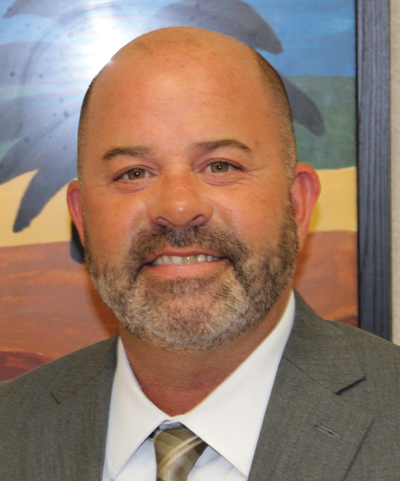How to Teach Students to Understand What Sorry Means

How To Turn Saying Sorry into a Teachable Moment
Rather than simply instructing students to say they are sorry when they have misbehaved or done something wrong, use the opportunity to model and teach them the ‘why’ behind it. First, children should be given the opportunity to reflect on their behavior, think about why it was wrong, and the impact it may have had on others.
For example, if a student says something mean to one of their classmates or refuses to take turns, have them consider why their actions would be hurtful to the other student. This will help the student identify and recognize their bad behavior while teaching them empathy, which is an important part of a child’s social-emotional development.
Instead of teaching students to use the words “I’m sorry” as a knee-jerk response without correcting or changing the behavior, give them the opportunity to rectify the situation in a genuine manner. Oftentimes, taking action to correct the mistake or make up for the bad behavior is more effective than a verbal apology alone.
Modeling how to accept an apology is also very important. Many students say, “its ok”, after receiving an apology. A better and more appropriate response to the person apologizing would be, “I accept your apology”, rather than saying its ok, as it is not ok.
Harnessing The Power of Consistency and Positive Reinforcement
Children often learn how to socialize and understand social cues by observing their surroundings. Students with special needs or who are on the autism spectrum, however, may have difficulty when it comes to relating to others or reading emotions. This, in turn, can be a hindrance when teaching a student what it means to apologize. Ways to incorporate and teach these important social skills in the classroom include:
- Encourage and model the desired behavior – such as taking turns during free time or recess, saying “please” and “thank you” when asking for something, and being kind and considerate towards others. Be sure always to show recognition for students who display good behavior.
- Use positive reinforcement – never make a child feel ashamed for displaying bad behavior. Instead, use the situation as a learning opportunity to help the child understand why their actions were wrong and what they can do to correct them.
- Teach students to understand emotions – it is difficult to make a genuine apology (or even recognize what they did wrong) if there is a lack of basic empathy. Understanding the feelings of others is an important part of understanding what it means to be sorry.
- Be consistent – keeping an open line of communication with the parents and caregivers of each student with help reinforce what is being taught in the classroom and vice versa. As always, there should be a clear set of expectations for the child to follow to help them succeed.
Closing Thoughts
In the end, children and adults alike will usually find themselves in a situation at one point or another where they find it challenging to apologize – even if they know they were in the wrong.
Educational resources such as interactive books, emotion charts, role-playing activities, and specialized worksheets are helpful resources that can help students learn empathy and how to apologize to others in a meaningful way.
Request a Tour of The Gateway School

Since 1980, RKS Associates has been a leader in providing the needs of special education students and helping children grow to their fullest potential. Each of our schools seeks to empower each student with skills for life, work, and recreation; we believe that every individual possesses the dignity and potential to contribute to a better world.
As part of the RKS Associates Network of schools in New Jersey, the goal at the Gateway School is to assist all students in becoming as independent as possible and help them get ready for the future. Located in Carteret, NJ, we serve individuals throughout Central and Northern New Jersey. Contact us at our main office at 732.541.4400 with any questions or schedule a private tour of the Gateway School today.
Kevin Jones, Principal-The Gateway School of Carteret, NJ


